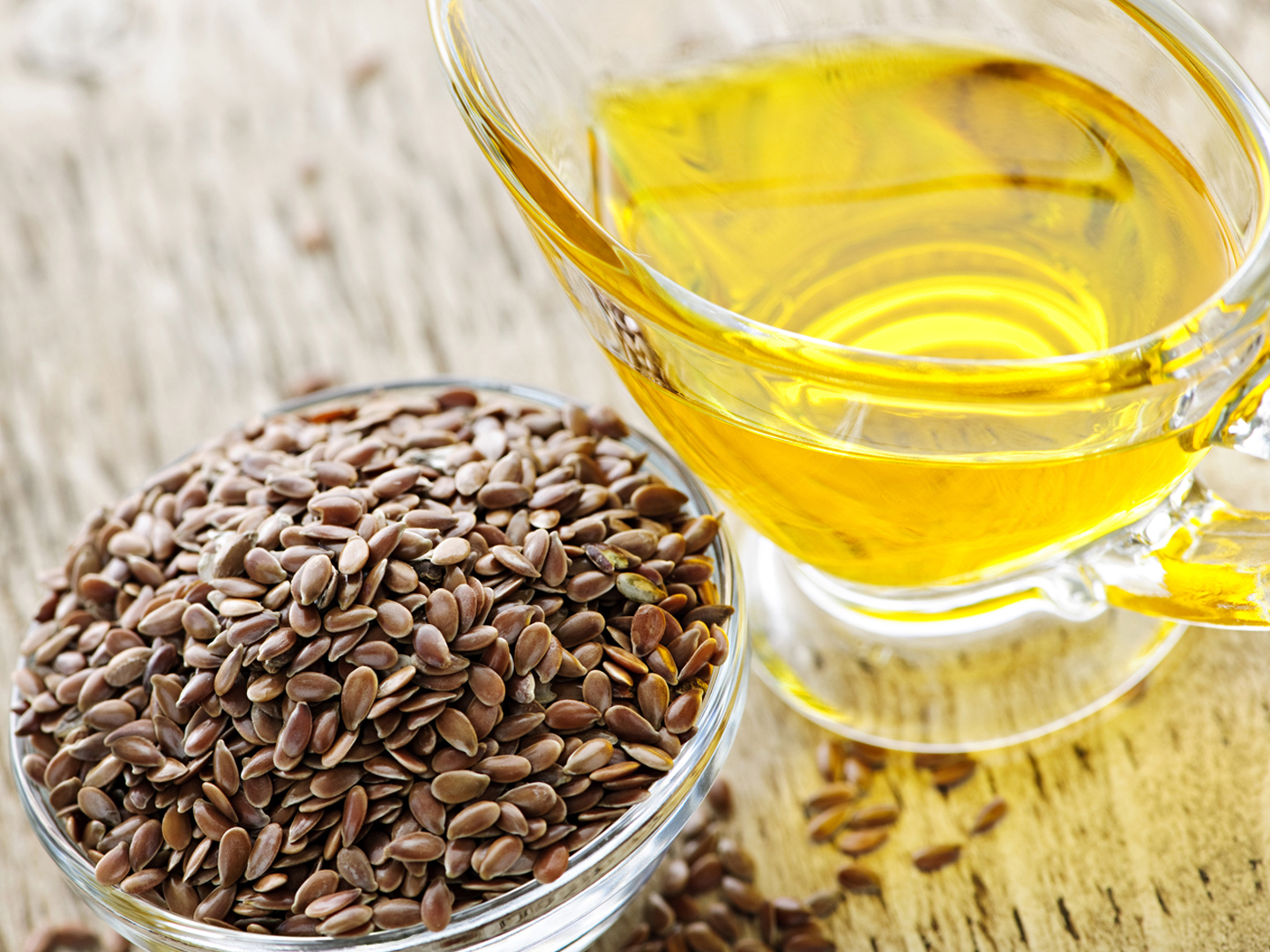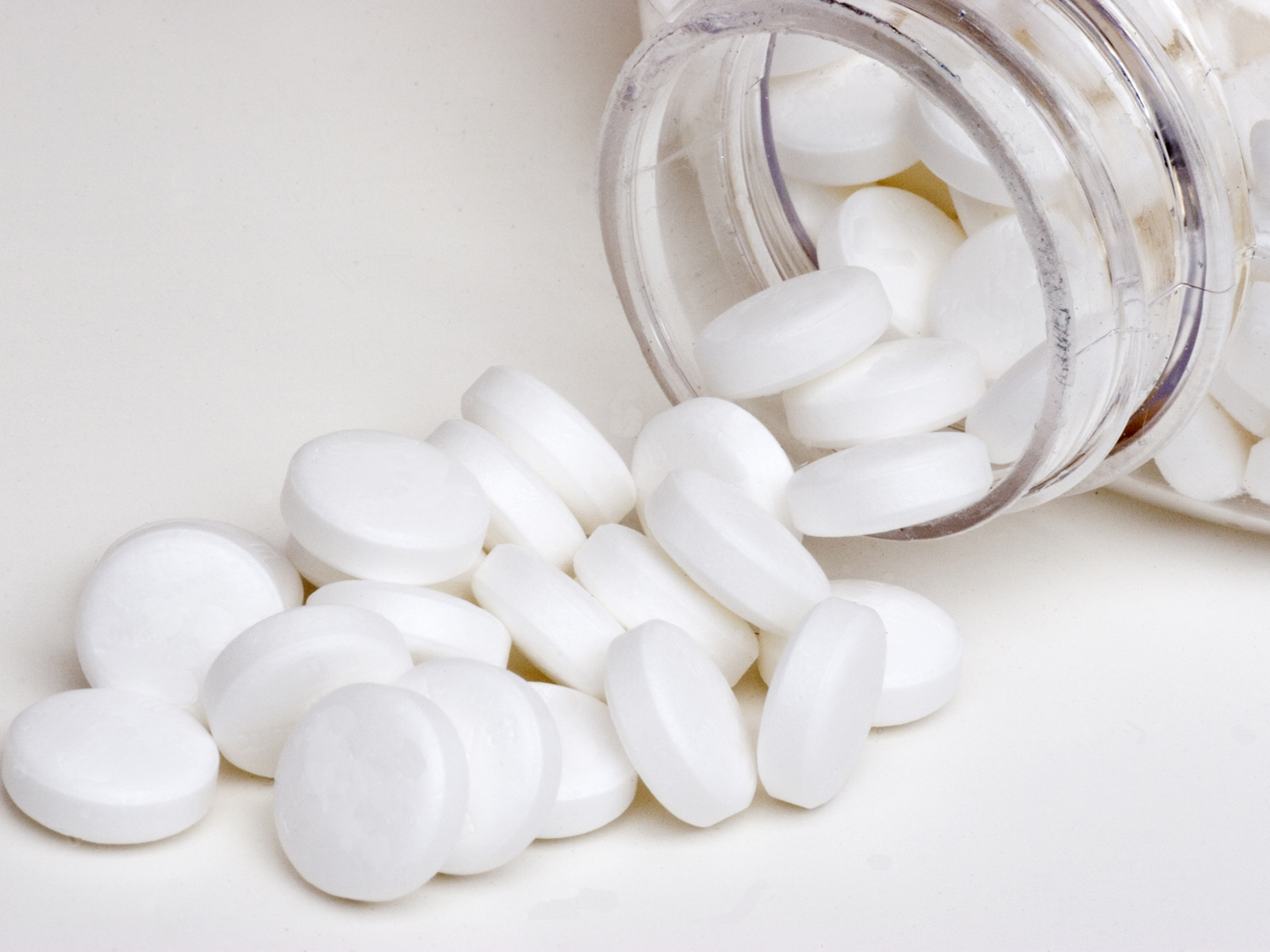Can You Really Prevent Heart Disease?
I recently saw former President Bill Clinton at a book signing, and he looked terrific – slim and fit. I was shocked that he needed heart surgery. Losing weight and shaping up didn’t help him. How can it help those of us with fewer resources?
Andrew Weil, M.D. | September 13, 2004

Who knows what would have happened to President Clinton if he hadn’t lost weight and worked as hard as he says he did with a personal trainer? He has attributed some of the blame for his heart disease on heredity – it runs in his mother’s family – as well as his well-known love for unhealthy food.
Unfortunately, despite the excellent medical care presidents receive, there are no simple tests to reveal coronary artery disease in people who have no symptoms. As President Clinton has told us until recently he had no symptoms and had done well on exercise stress tests in the past. However, these tests aren’t fool proof and don’t always reveal that there’s heart trouble brewing. According to what I’ve read, the former President thought the shortness of breath he had been experiencing prior to his surgery was due to the fact that he hadn’t been working out regularly while promoting his book. He thought his chest pains were signs of acid reflux. Another factor that may have worked against him: he had stopped taking the statin drugs prescribed to control his cholesterol. Some experts believe this was a big mistake. I agree.
President Clinton’s doctors have said that from now on he’ll have to maintain a low-salt, low fat diet in an effort to stay healthy. It’s not too late for him, or for anyone else, to make positive changes that can lower the risk of heart disease. Among them:
- If you smoke, quit.
- Get at least 30 minutes of exercise three times a week. I recommend a brisk 45 minute walk daily as the optimal amount of exercise.
- Maintain a healthy weight through diet and exercise.
- Avoid fast food and highly processed food.
- Eat more fruits and vegetables.
- Avoid polyunsaturated vegetable oils, margarine, vegetable shortening, all partially hydrogenated oils, and all foods that might contain trans-fatty acids (such as deep-fried foods).
- Increase omega-3 fatty acids, especially eicosapentaenoic acid (EPA) from fish and fortified eggs. If you don’t eat fish, I would recommend taking a fish oil supplement. The omega-3 fatty acids they contain have been shown to be an effective preventive strategy against heart disease; they can lower triglycerides, increase HDL cholesterol, help minimize inflammation and blood clotting, and keep blood vessels healthy.
- Try to substitute green tea for coffee.
- Eat whole grains, nuts, and seeds for their fiber and other protective factors. At the same time, decrease the amounts of white bread, pasta and other refined carbohydrates in your diet.
- Eat soy foods, garlic, and shiitake and oyster mushrooms regularly.
- Finally, learning various relaxation techniques such as meditation, Yoga, breathing exercises or biofeedback can help manage stress.
I send President Clinton my best wishes for a speedy recovery and a long and healthy life.
Andrew Weil, M.D.










